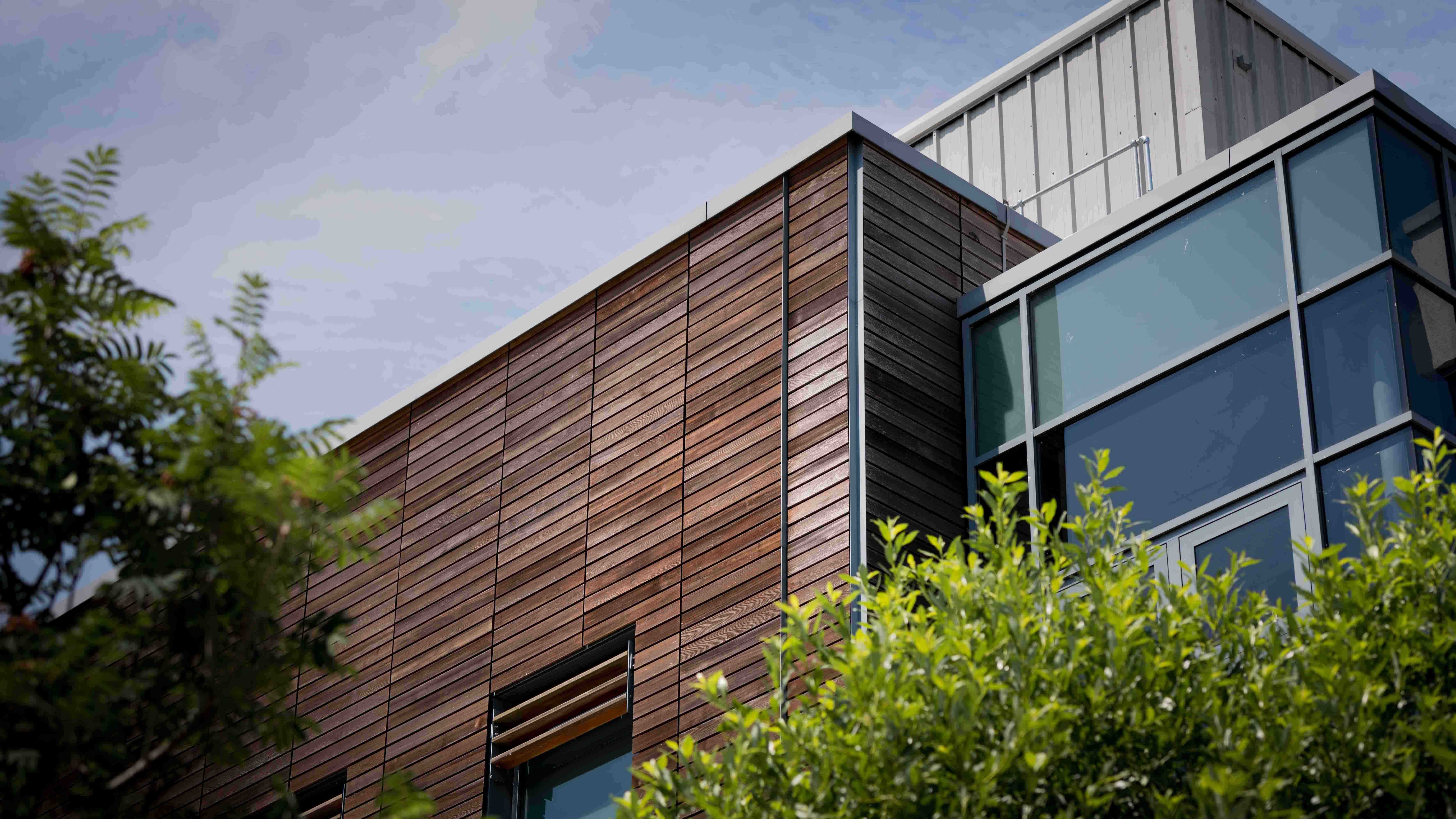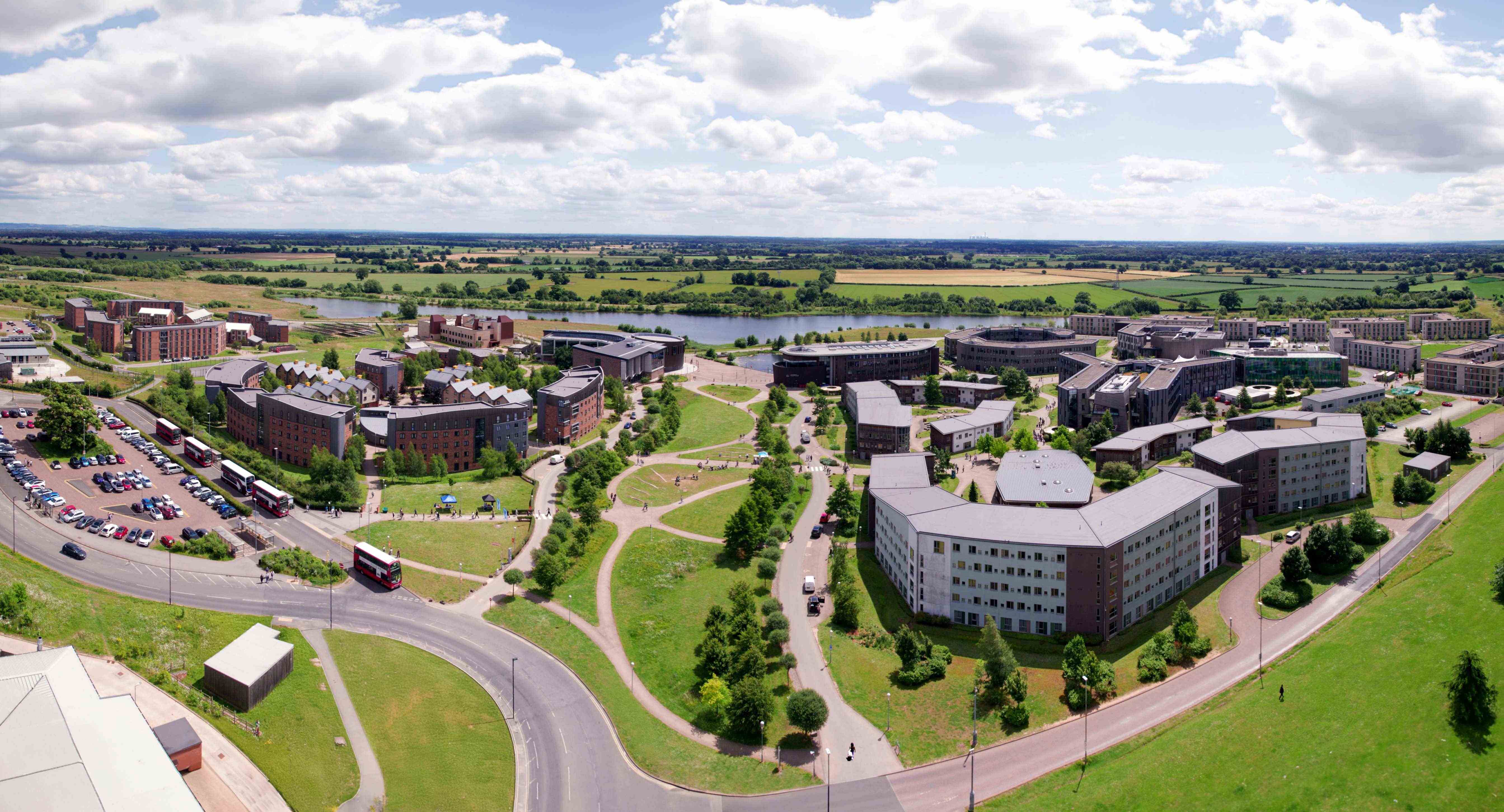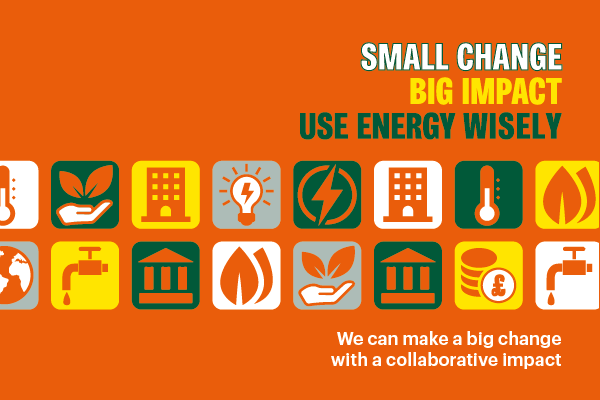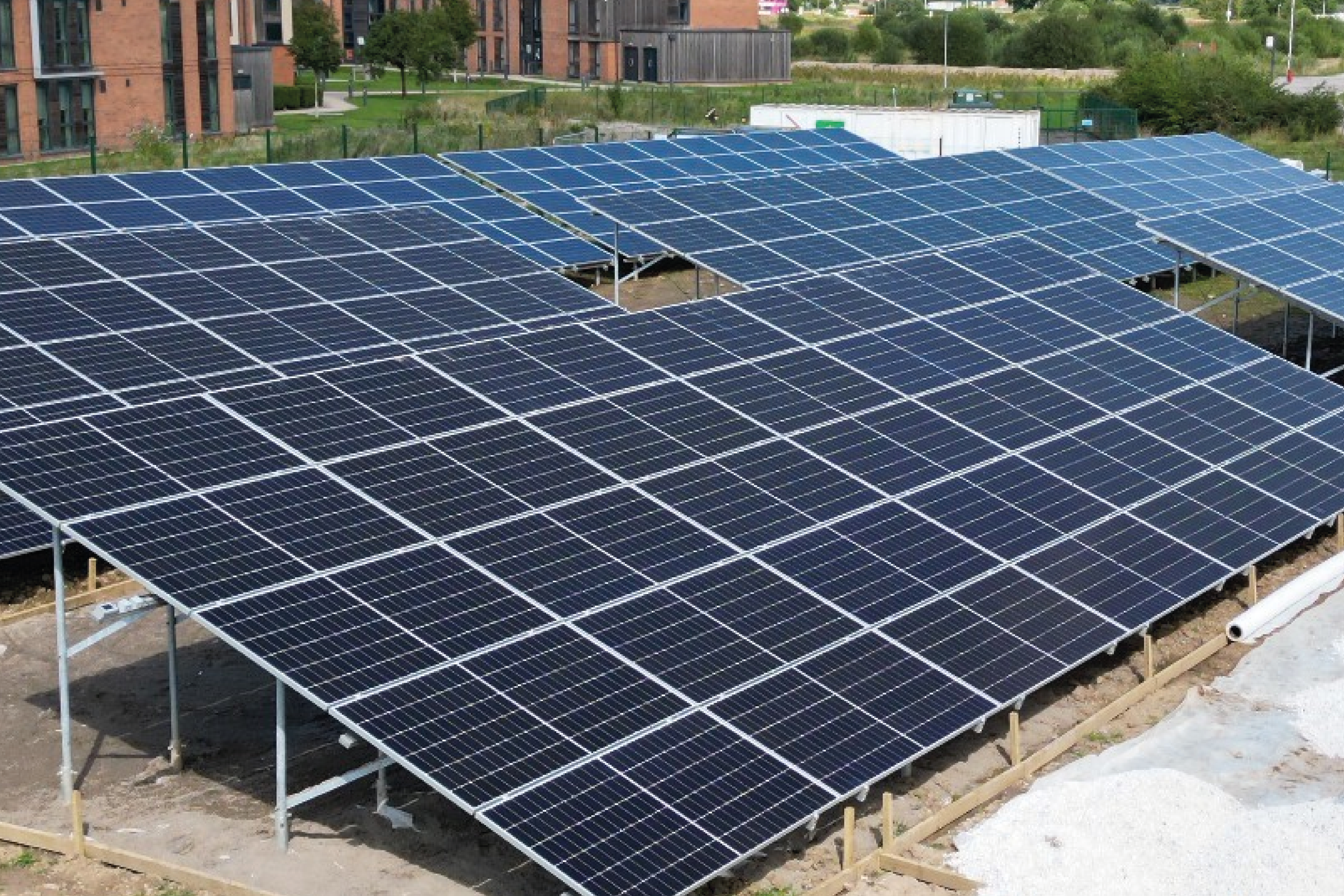Actively managing how we source and use energy is important to reducing our carbon footprint.
As a large organisation with thousands of staff and students, our energy consumption is complex and significant. However, we are fully committed to climate action by actively reducing our carbon emissions and implementing energy-saving initiatives across our campus with a goal of being carbon neutral by 2030.




